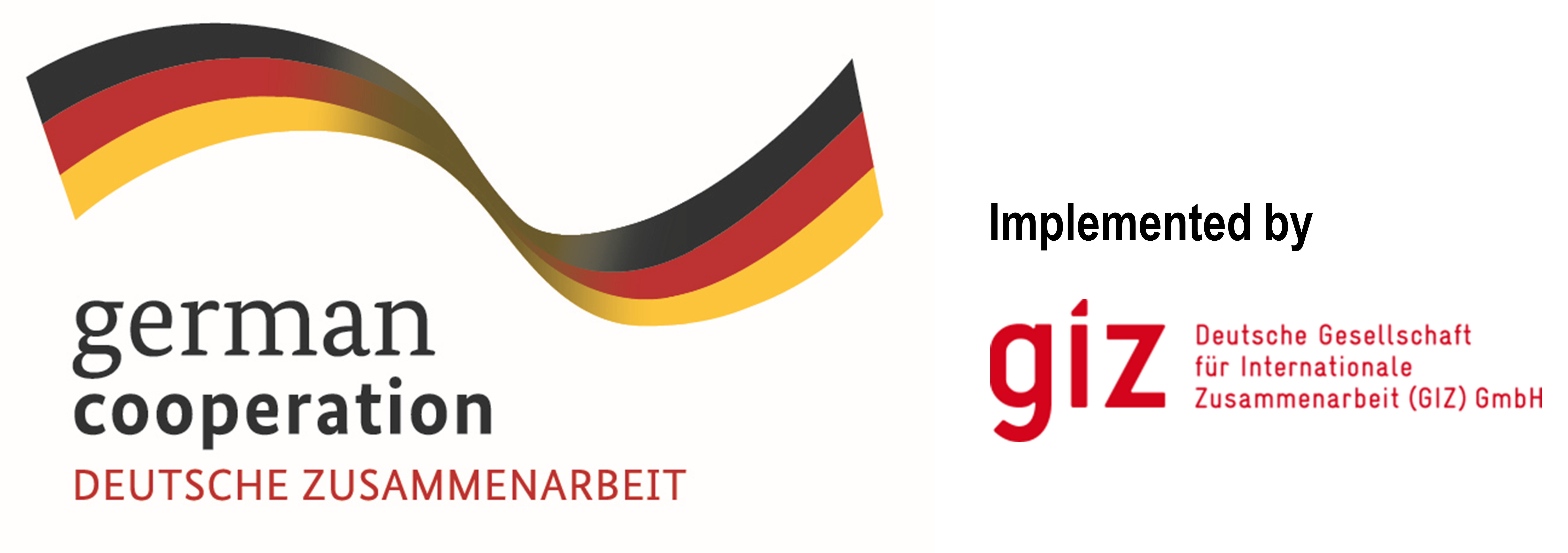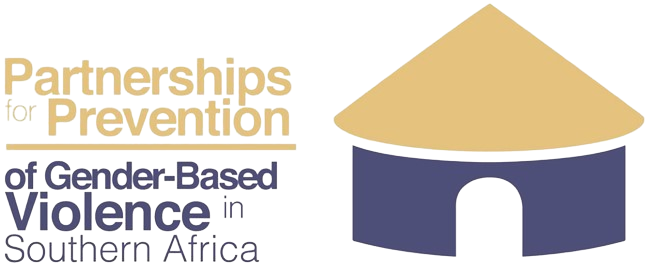

Internationally, violence against women and girls (VAWG) is considered a grave violation of human rights as well as a serious obstacle to the progress of countries in attaining national and international development goals. Accordingly, the elimination of VAWG is explicitly listed as a target of Sustainable Development Goal (SDG) 5 on gender equality and SDG 16 aims for a significant reduction of all forms of violence.
Moreover, SDG 17 calls for tackling global challenges, such as VAWG, through joint and inclusive multi-stakeholder partnerships engaging each sector such as public, private, social society and/ or academia.
Across Africa, combating VAWG has already been enshrined since a couple of years following the adoption of the Maputo Protocol. At regional level, the Southern African Development Community (SADC) adopted the SADC Protocol on Gender and Development in 2008 and revised it in line with the SDGs in 2016. Almost all SADC countries have adopted gender equality as part of their national development plans and/or have adopted corresponding independent policies and action plans, wherefore focus is now on their implementation.
In Southern Africa, gender-based violence (GBV), especially violence against women and girls (VAWG), is among the most severe and widespread human rights violations. VAWG undermines the social, political and economic participation of women and girls. The prevalence and acceptance of VAWG, particularly domestic violence by a male intimate partner, is very high in international comparison. Between half and two-thirds of all women state that they have experienced violence (physical, economic, sexual, emotional violence) at some point in their lives. Violence by a male intimate partner is the most common form of experienced violence by women.
Regional Programme Partnerships for the Prevention of Violence against Women and Girls in Southern Africa (PfP)
The Partnerships for the Prevention of Violence against Women and Girls in Southern Africa (PfP) implemented by the Deutsche Gesellschaft für internationale Zusammenarbeit (GIZ) GmbH on behalf of the German Federal Ministry for Economic Cooperation and Development (BMZ) and in close cooperation with its partners engages in countries in Southern Africa to bring about change and alter social norms and practices that instigate VAWG.
In Lesotho, South Africa, Zambia, Zimbabwe, and Namibia, innovative and sustainable means are at the core of the approach to foster primary prevention.
In order to spark transformative and long-term engagement, PfP’s very objective is to strengthen the cooperation between governmental, nongovernmental and private sector actors to come together in multi-stakeholder partnerships (MSPs) for implementing country-specific measures to prevent violence against women and girls. The MSPs will leverage financial and/ or technical contributions from governments, civil society organisations, private sector companies, the media and academia.
Doing so, PfP further supports capacity strengthening of governmental, non-governmental and private sector actors at national and/or sub-national level for the coordinated implementation of these measures, fosters regional exchange and research around lessons learnt and best practices.
The MSPs are operating as flagship projects in the countries and promote concrete, locally-adapted and innovative approaches aimed at preventing all forms of violence against women and girls. The collaborative mode of implementation enhances coordination and mutual understanding among stakeholders.
At regional level, the programme generates a research agenda around the topics of the flagships and promotes research uptake through regional learning about the experiences generated by the flagships as well as the research findings.
The ultimate common goal of both approaches is to promote evidence-based programming and policy design on the prevention of VAWG in the Southern Africa region. To this effect, PfP works closely with the SADC Gender Unit and regional and international partners active in the VAWG prevention arena.
Introducing the flagship projects
The flagship projects are selected along several criteria, whereby the flagships’ potential to promote broad cooperation in the sector is key to the achievement of the objective. Further, it is a prerequisite that ownership for the flagship projects is built among relevant stakeholders by involving them in the process from the onset and identifying specific roles suitable for the different actors. Their roles can take on different forms, including playing an oversight role, providing technical inputs, financial and/or in-kind contributions and/or acting as implementer of activities.
For further information on the flagships please download the factsheets.

